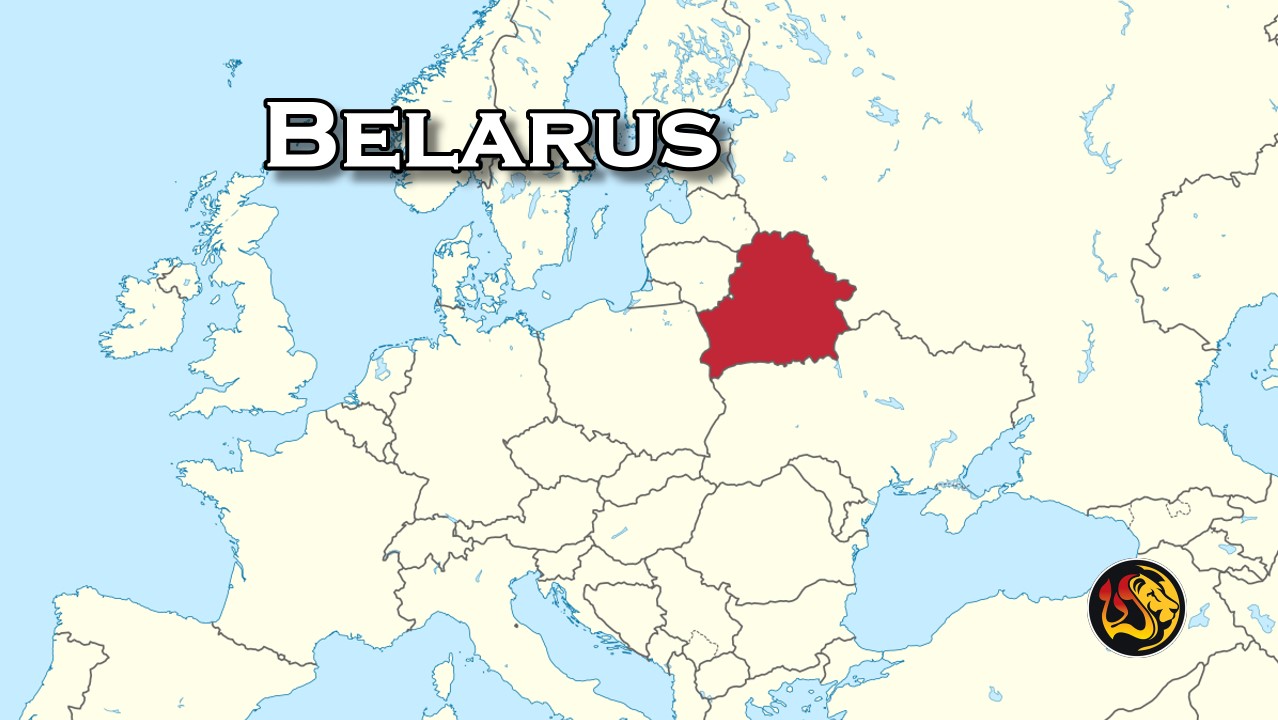By Stefan J. Bos, Chief International Correspondent Worthy News
MINSK/BUDAPEST (Worthy News) - Christians say the “regime” of the autocratic president of Belarus, Alexander Lukashenko, has destroyed a church building in the capital Minsk as part of a witch-hunt against evangelical believers and churches seen as supporting the opposition.
Video footage and pictures viewed by Worthy News showed that the building of Minsk's New Life Pentecostal Church had been bulldozed.
Earlier, the congregation was already evicted from the church building in February 2021 and banned from meeting for worship in the church car park
“The bulldozing – ordered by Capital Construction Management Company, owned by Minsk City Executive Committee – began on June 20,” said religious rights group Forum 18.
Within a day, much of the building was reduced to rubble, according to rights investigators and footage shared with Worthy News.
The company and authorities have declined to explain the reason behind the destruction of the building which New Life purchased in 2002.
In comments shared with Worthy News, the Church's Pastor, Vyacheslav Goncharenko, described the destruction as "flagrant lawlessness."
‘GOD SEES EVERYTHING’
However, “God sees everything," he added, "and he sees today our suffering, grief, and pain. He sees likewise today the mockery of wicked people. He sees their blasphemy.”
The Union of Full Gospel Churches - to which New Life belongs - also condemned the destruction. "This action deeply offended the feelings of believers," the head of the Union, Bishop Leonid Voronenko, and the Union leadership said in published remarks.
“We believe that state services should seek forgiveness from New Life Church's members for the destruction of their place of worship,” they added.
They stressed that the authorities should “provide a plot of land for the construction of a house of prayer, lease premises for the Church to hold worship services during the construction period, and deal with the wickedness that has been committed."
Forum 18 said the “regime has since 2002 repeatedly denied New Life Church's requests for permission to change the official designation of the former cowshed it bought that year into a place of worship.”
This was “in contrast to a disused railway carriage 500 meters (0.3 miles) from New Life's building which was without regime obstruction used from January 2001 by a community of the regime-supporting Belarusian Orthodox Church Moscow Patriarchate. That community has now built a church, also without any regime obstruction,” Forum 18 recalled.
New Life Church has long faced state pressure, with police and bailiffs forcibly expelling the worshipers from its building on February 2021.
The Church linked the crackdown to its online video protesting “the regime’s election fraud and violence.”
OFFICIALS BAN MEETING
In September last year, officials also banned the church from meeting for worship in the car park and fined two pastors for leading open-air worship meetings, Worthy News learned.
Since then, New Life Church has had to meet online and for in-person meetings borrow the building of the Protestant God's Grace Church in Minsk, several sources said.
New Life Church has been seeking a building to rent for worship meetings, but they were denied permission.
Pastor Goncharenko also said in published remarks that "No one will sell us a religious building and religious communities are not allowed to have regular religious meetings in a non-religious building.”
Rather than seeking meetings with officials, New Life Church is planning to send an open letter to the government protesting the crackdown, he added.
Christians say New Life’s troubles resemble the closure of the Catholic Church of Saints Simon and Helena (known locally due to its brickwork as the “Red Church”), which was seen as a threat to the government.
Officials reportedly closed the church for worship or any other activity after “a suspicious minor fire” in September 2022. “I hope that at least they will not think of demolishing the Red Church in the same way," exiled Orthodox Christian and human rights defender Natallia Vasilevich said on social media.
ROMAN CATHOLIC CHURCH
Besides evangelical believers, Lukashenko sees the Roman Catholic Church as “a threat to his regime,” Christians said.
Believers have reportedly been persecuted for trivial reasons, such as singing hymns from a particular composer.
After the Russian invasion of Ukraine, which Belarus supported, the Roman Catholic Church criticized the move, which led to more pressure from the government, church watchers said.
Other devoted believers have also been targeted, including Vladimir Burshtyn – who is in his 70s. He was fined “over a month's average pension for an outdoor meeting in [the city of] Drogichin with fellow Baptists to share their faith” in Christ, Forum 18 said.
He has reportedly appealed against the fine imposed in a court hearing fellow Baptists were denied access to.
“Police held him overnight before the hearing, and Head of the local Ideology Department Svetlana Shchur insisted to Forum 18 that any event must have state permission,” Forum 18 said.
Since the uprisings after the perceived fraudulent presidential election in 2020, the government has increased pressure on devoted evangelical Christians and churches, several sources said.
BELARUS FINES BAPTISM
Pastor Vitaly Chichmarev was among those detained for participating in protests against the elections. And Pastor Dmitry Podlobko suffered the same fate after administering baptism in a swimming pool in his backyard without permission from the government.
He was detained and fined in August 2022 after receiving an earlier fine because of the same "offense,” Christians said.
As the Belarussian government tightened its grip on devoted Christians, it announced an amendment of the law "On Freedom of Conscience and Religious Organisations."
If the amendments come into force, it will become even more problematic for churches to obtain official registration, which is necessary to operate legally.
In addition, religious communities may only hold activities on premises that are officially designed for that purpose, according to sources familiar with the proposal.
Christians fear that authorities will receive more power to restrict the freedoms of faith communities, conduct inspections or even ban church activities.

